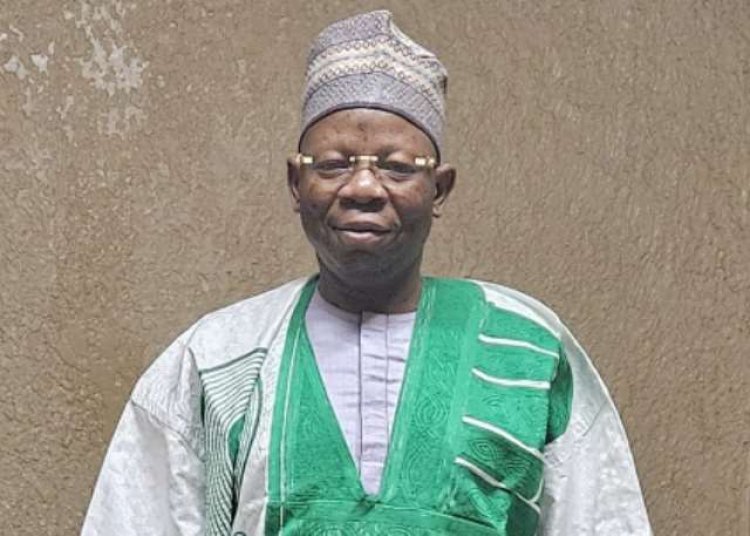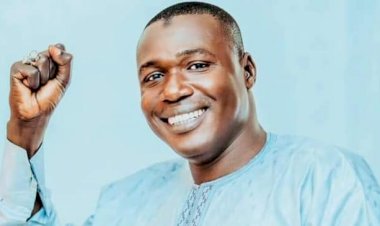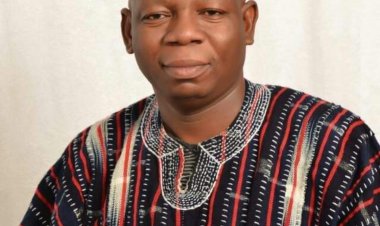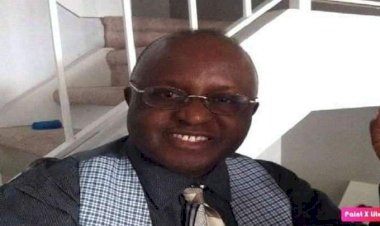Community in Peril:The Unseen Struggles of the Fulani Community under the NPP Government
Ghana news

The treatment of Fulani communities in Ghana by the Bawumia government has been marked by a series of troubling incidents and clashes with indigenous people, the police, and settled farming communities.
The burning of Fulani houses and killing of their animals have been common occurrences, leading to heightened tensions and violence in some areas.
One of the most egregious examples of government response to the Fulani issue is the infamous "Operation Shoot and Kill" in Agogo, where security forces were deployed to deal with Fulani herders, resulting in multiple deaths and injuries.
This heavy-handed approach has only served to escalate conflicts and deepen the divide between the Fulani and other communities.
On Tuesday, May 22, 2024, a tragic incident occurred in Donkorkrom, Kwahu Afram Plains North, where two young Fulani boys were gruesomely murdered. Their bodies were found without their heads, leading to suspicions of ritualistic killings.
The victims' father, Mamudu Bukari, expressed his grief and shock at the calculated and intentional killing of his beloved children.
The head of the Fulanis at Donkorkrom, Alhaji Iddrissa Sambo, revealed that the community has been under constant threat from some farmers at Maame Krobo who had embarked on a 'shoot and kill' exercise aimed at their cattle.
This exercise allegedly led to the death of a native of Maame Krobo, Mr. Akwasi Ahorku. The Fulanis were blamed for his death, leading to a series of attacks on them and the destruction of their properties.
The situation worsened when a group of people, identifying themselves as the Maame Krobo Farmers Association, announced a date for the funeral rites of the late Akwasi Ahorku.
They declared that rituals would be performed to invoke the spirits of the land to avenge his death. The subsequent murder of the two Fulani boys and the disappearance of their severed heads have led the Fulani community to believe that their tribesmen were used for these rituals.
Meanwhile,the Fulani leadership has called on the police to retrieve the heads of the victims, stating that they would not accept the bodies for burial otherwise.
The District Chief Executive for Kwahu Afram Plains South, Evans Ekyei Ntiri, and the Eastern Regional Police Commander, ACP Isaac Asante, have assured the bereaved family of their commitment to arrest the perpetrators.
The chief of Maame Krobo, Nana Nyakum-Panyin, while confirming the performance of rituals before the burial ceremony of the late Akwasi, denied any involvement in the killing of the Fulani herdsmen He expressed surprise that his name would be associated with an act committed outside his traditional jurisdiction.
This incident highlights the urgent need for the government to address the escalating tensions between the Fulani community and the local farmers. It is important to ensure the safety and rights of all citizens, regardless of their occupation or ethnicity.
Furthermore, the silence of Samira Bawumia, the wife of Vice President Bawumia, on these issues after exploiting the Fulani community for votes has been particularly disappointing.
Her lack of advocacy and action on behalf of the marginalized Fulani people has raised concerns about the government's commitment to addressing the root causes of the conflicts and providing support to those affected.
It is imperative that the Bawumia government acknowledges and addresses the grievances of the Fulani community in a transparent and inclusive manner.
Sustainable solutions must be sought through dialogue, cooperation, and respect for the rights and dignity of all fulani communities in Ghana.
Only through meaningful engagement and proactive measures by government in power can the cycle of violence and discrimination against the Fulani people in Ghana be effectively addressed.
The Fulani community deserves to live in peace and security, just like every other citizen in Ghana.


















































